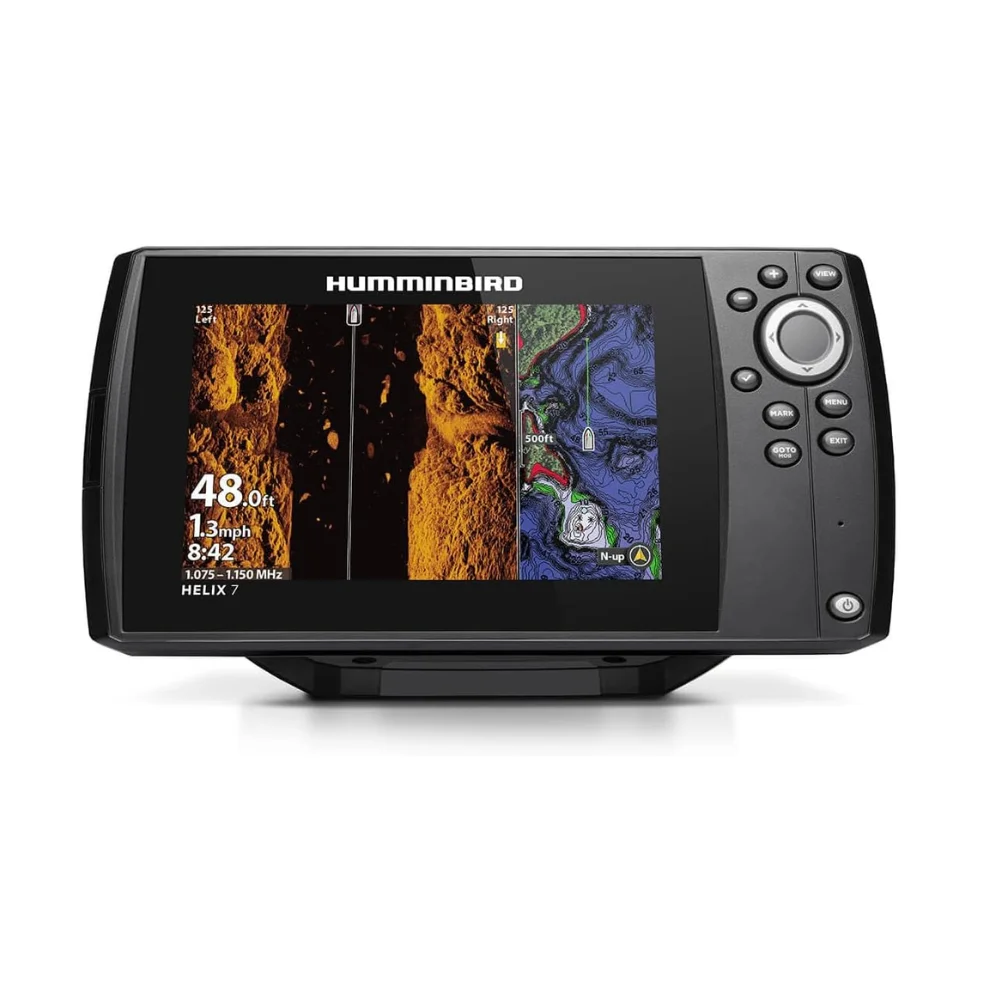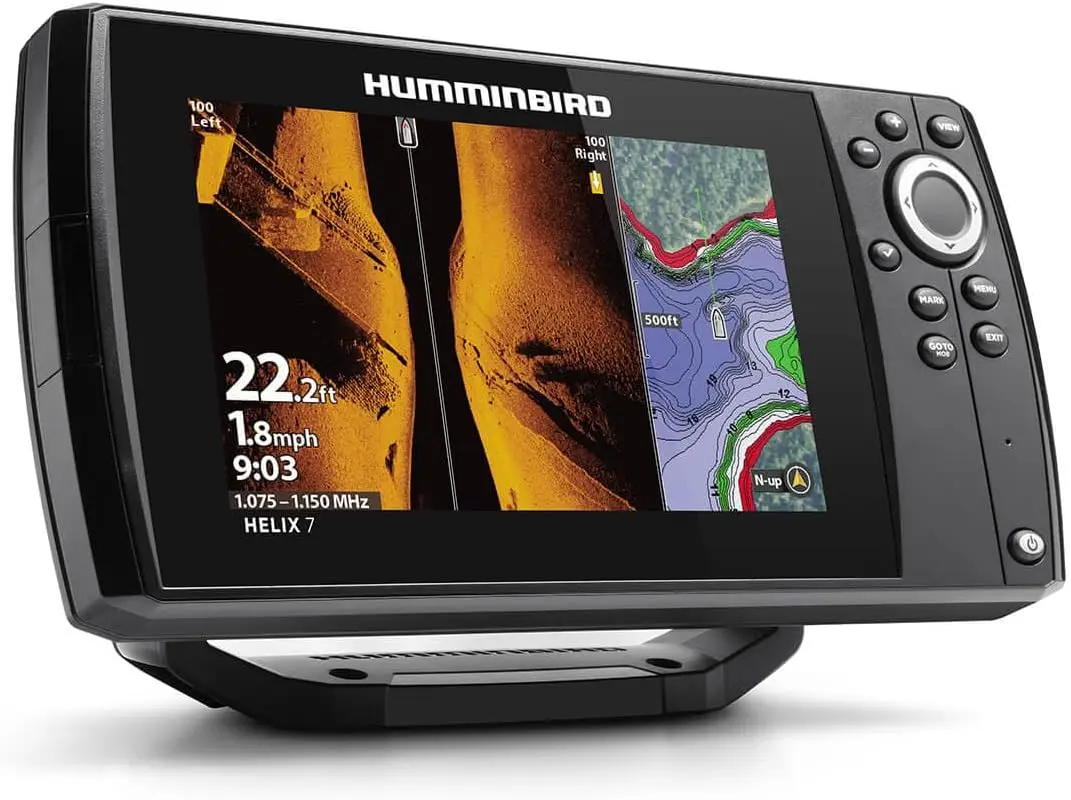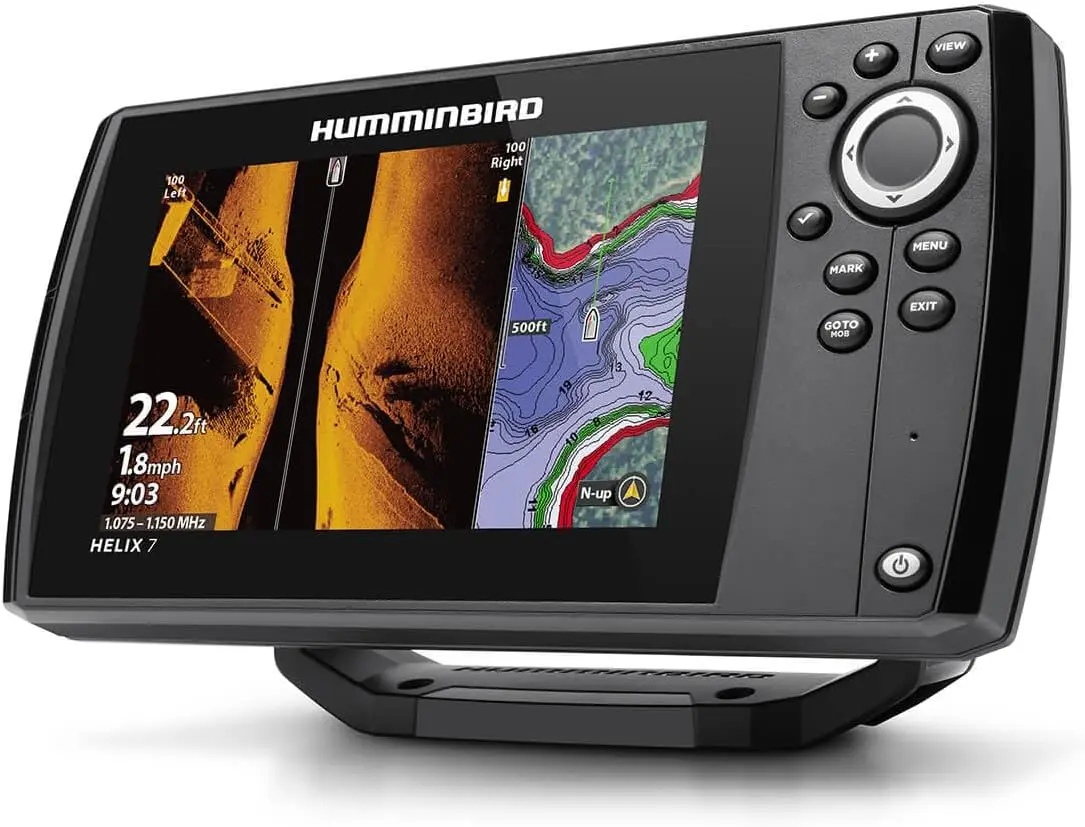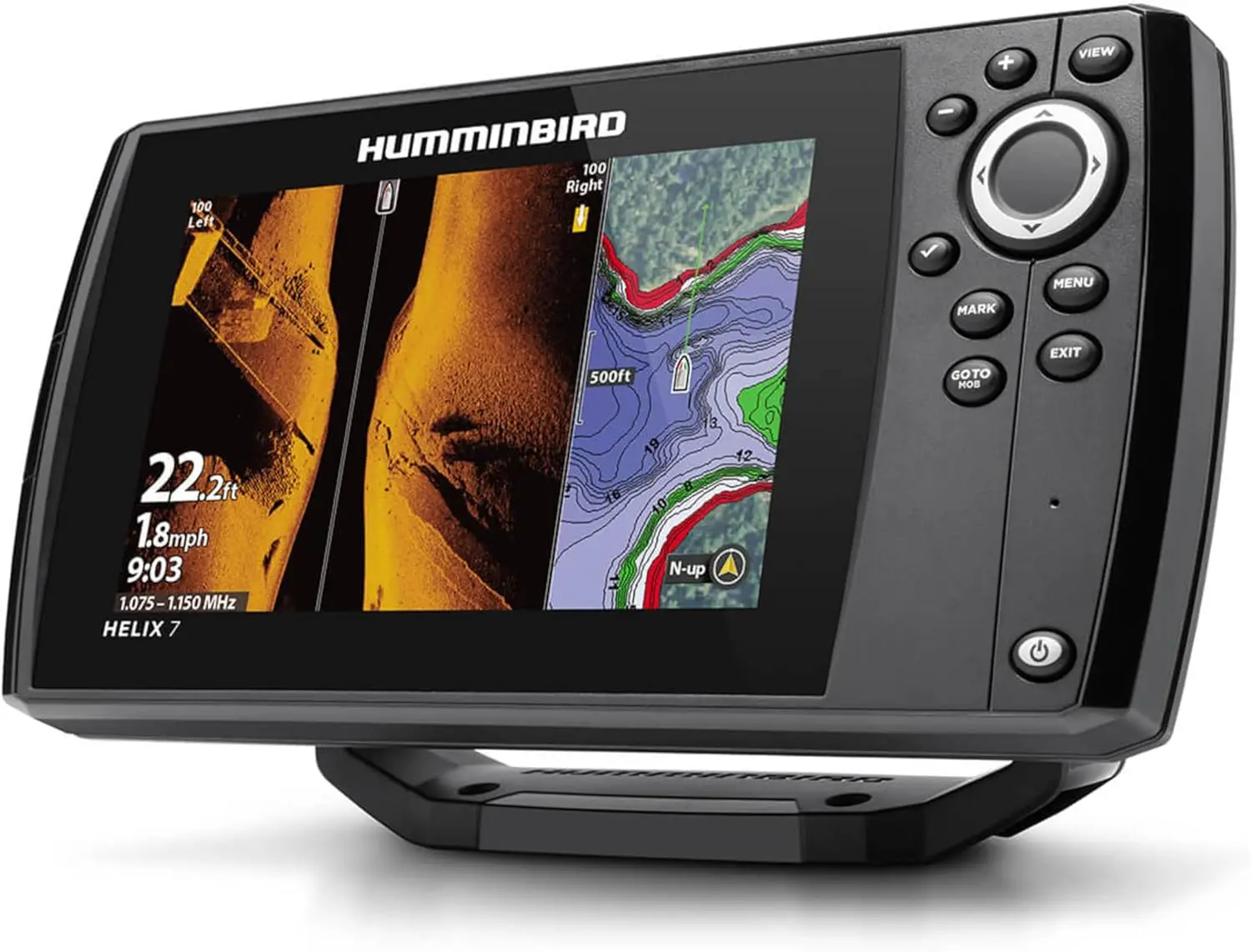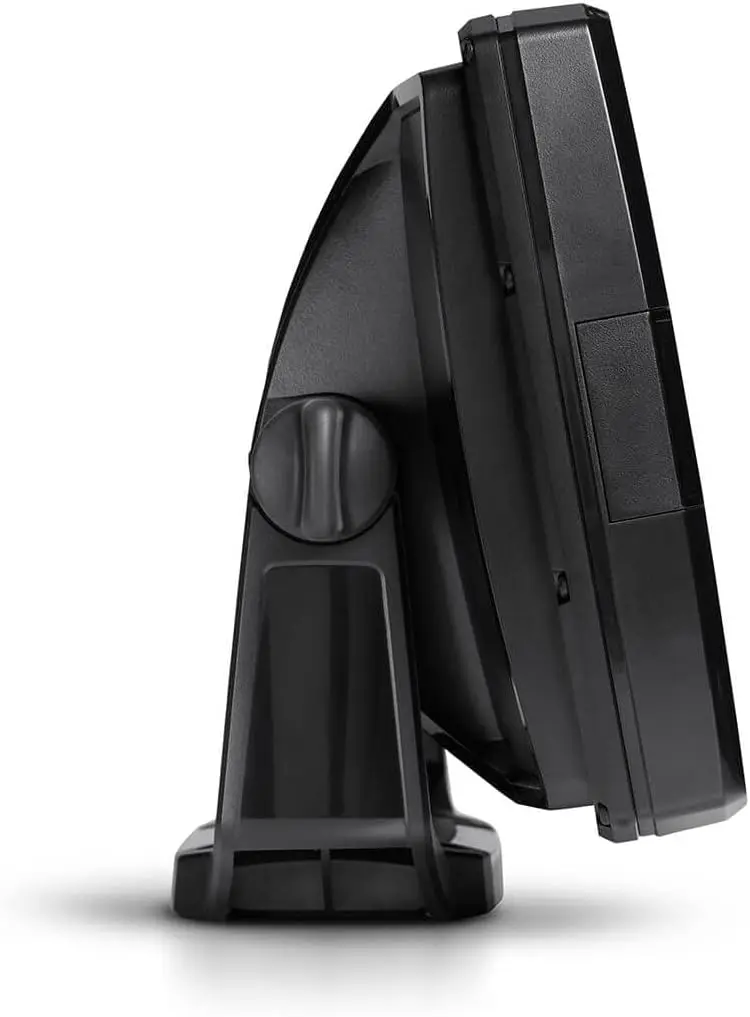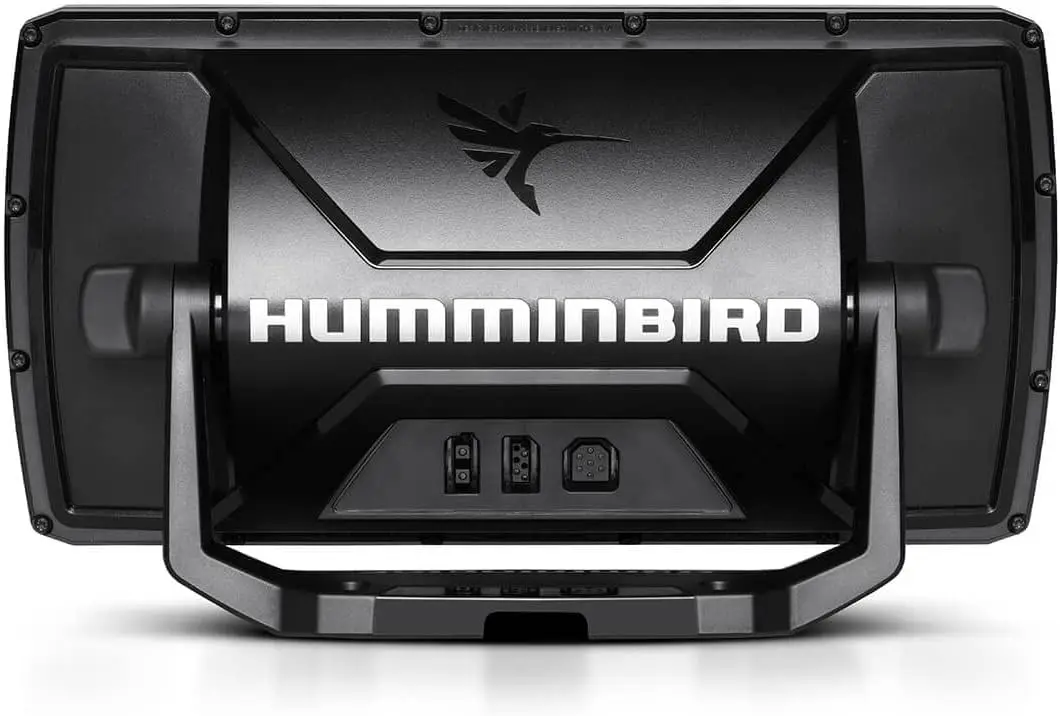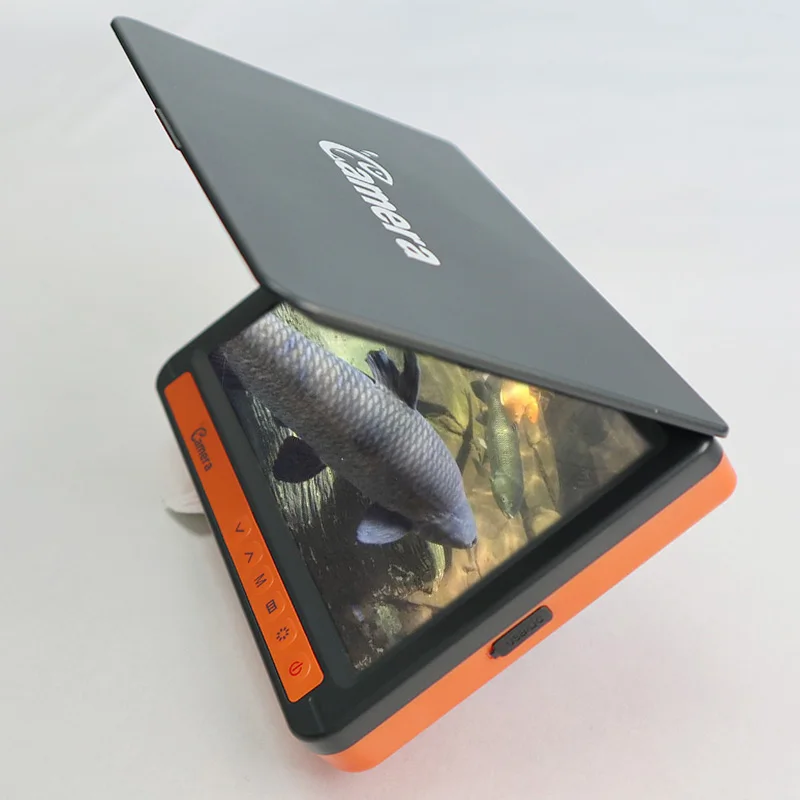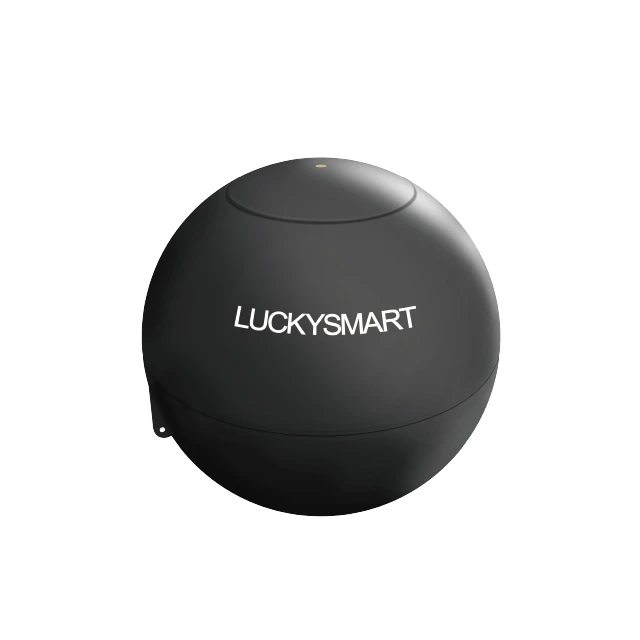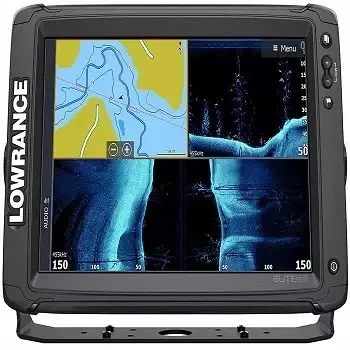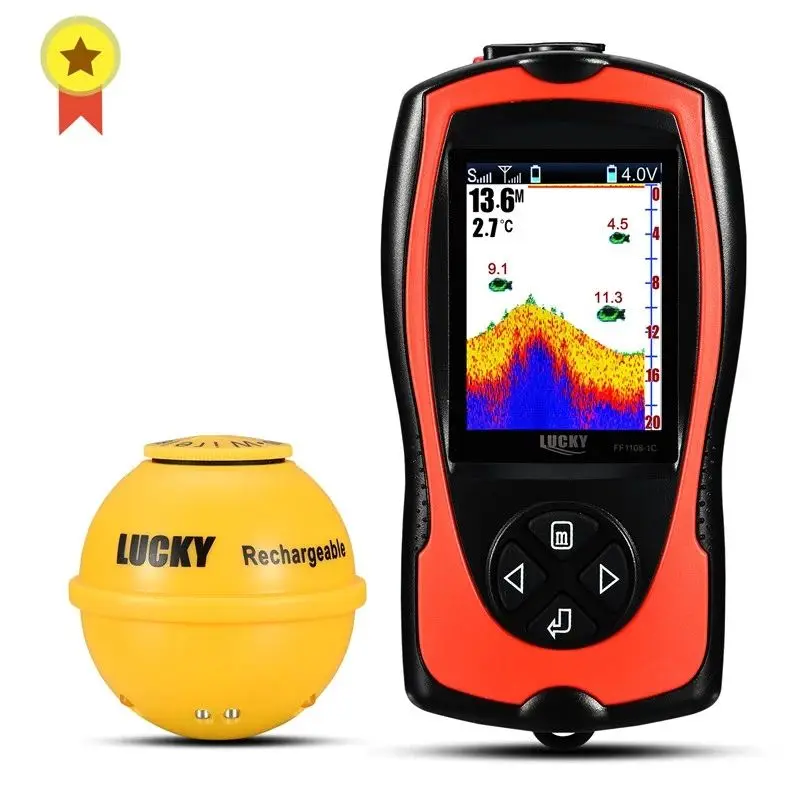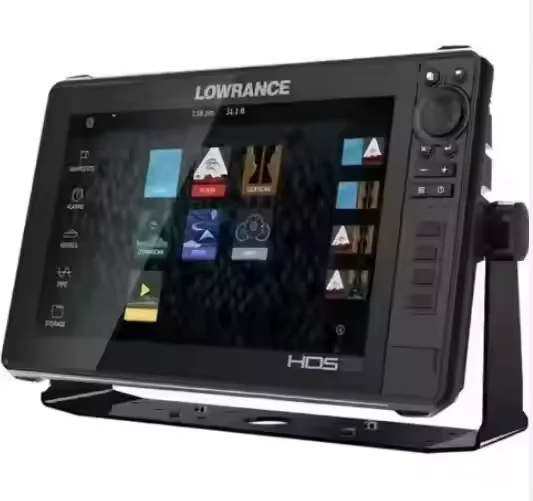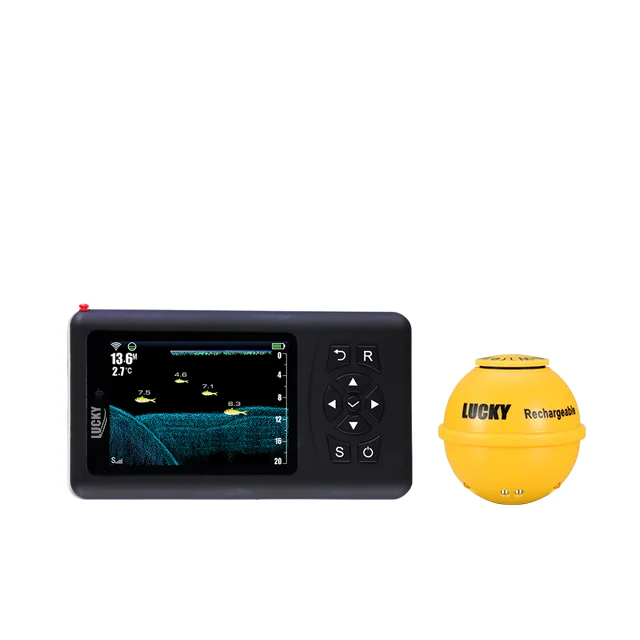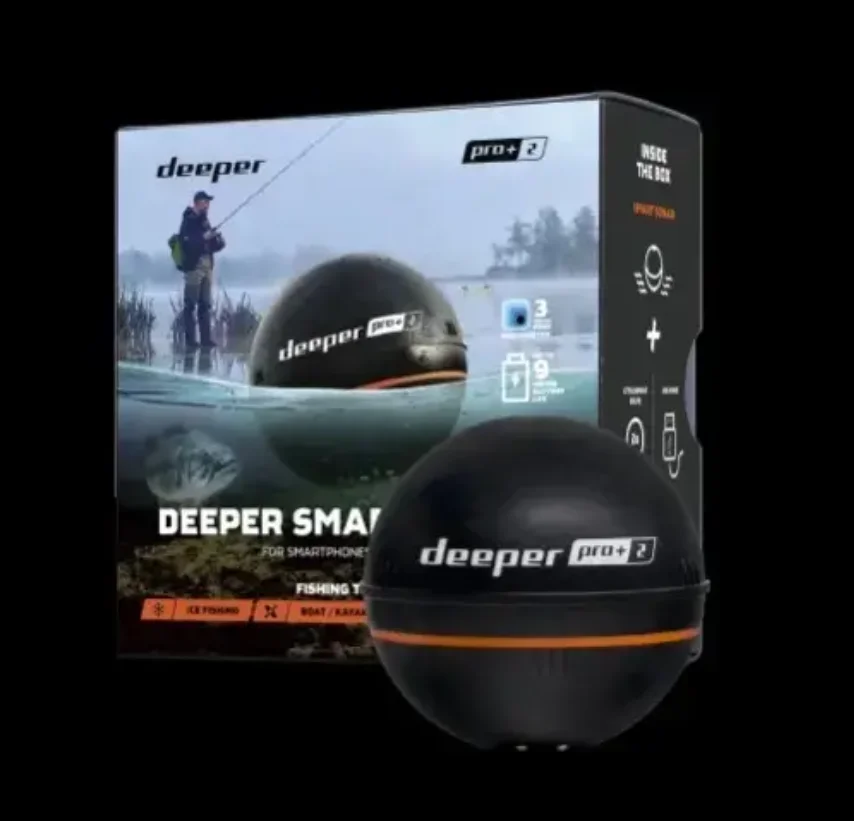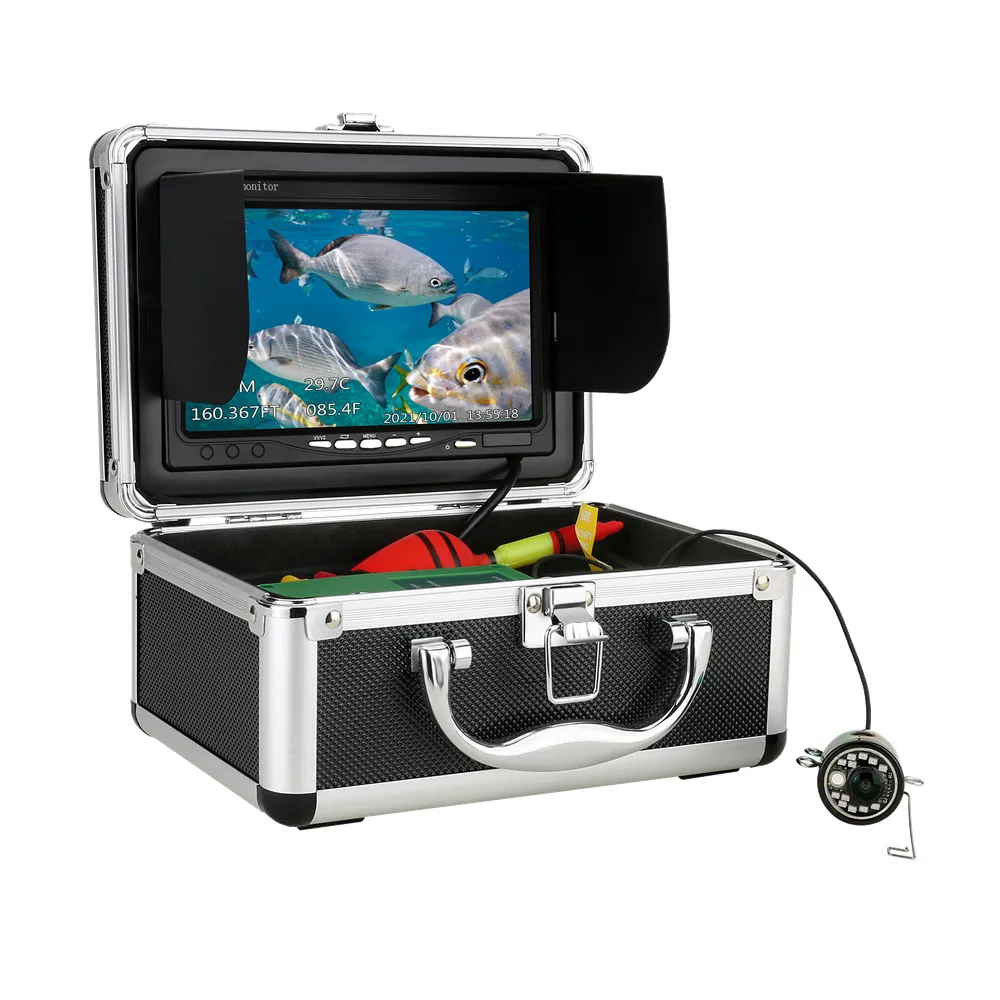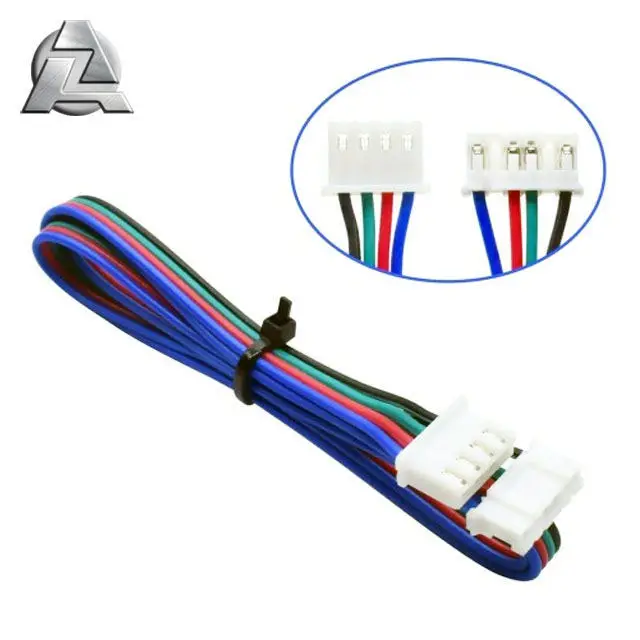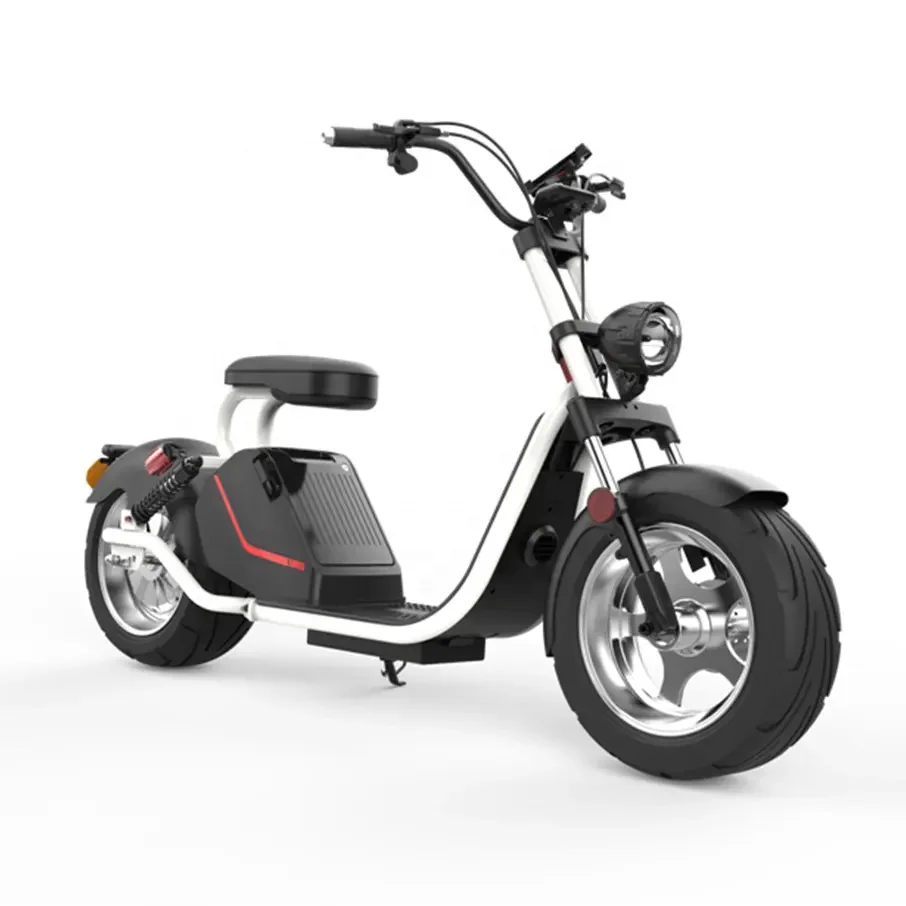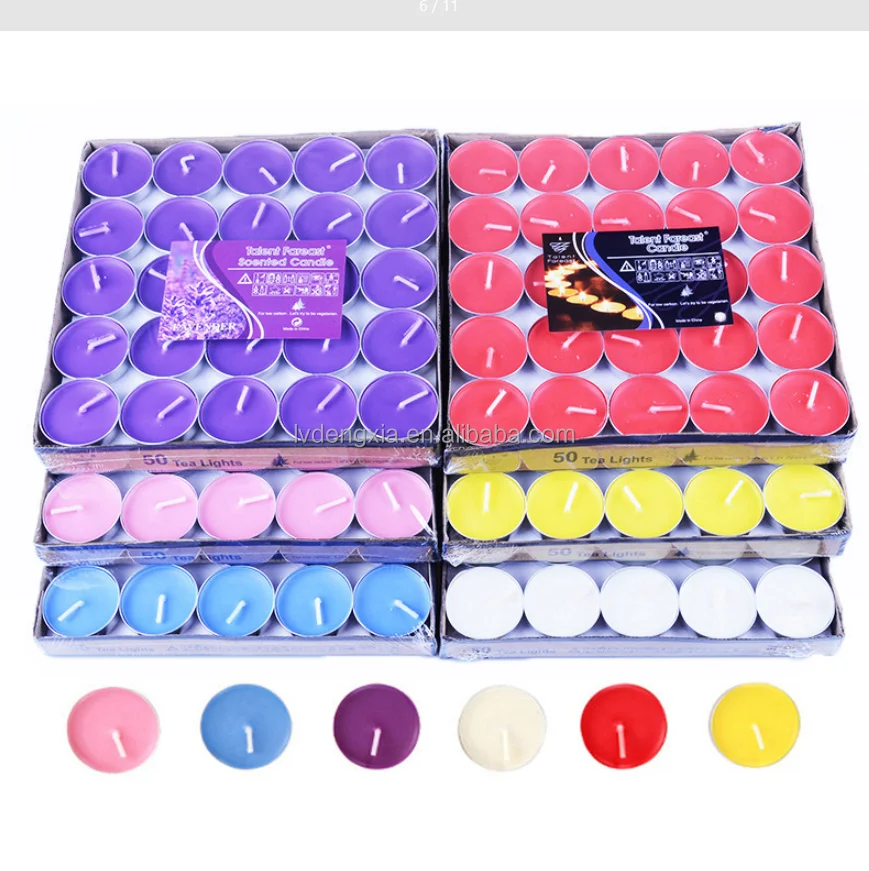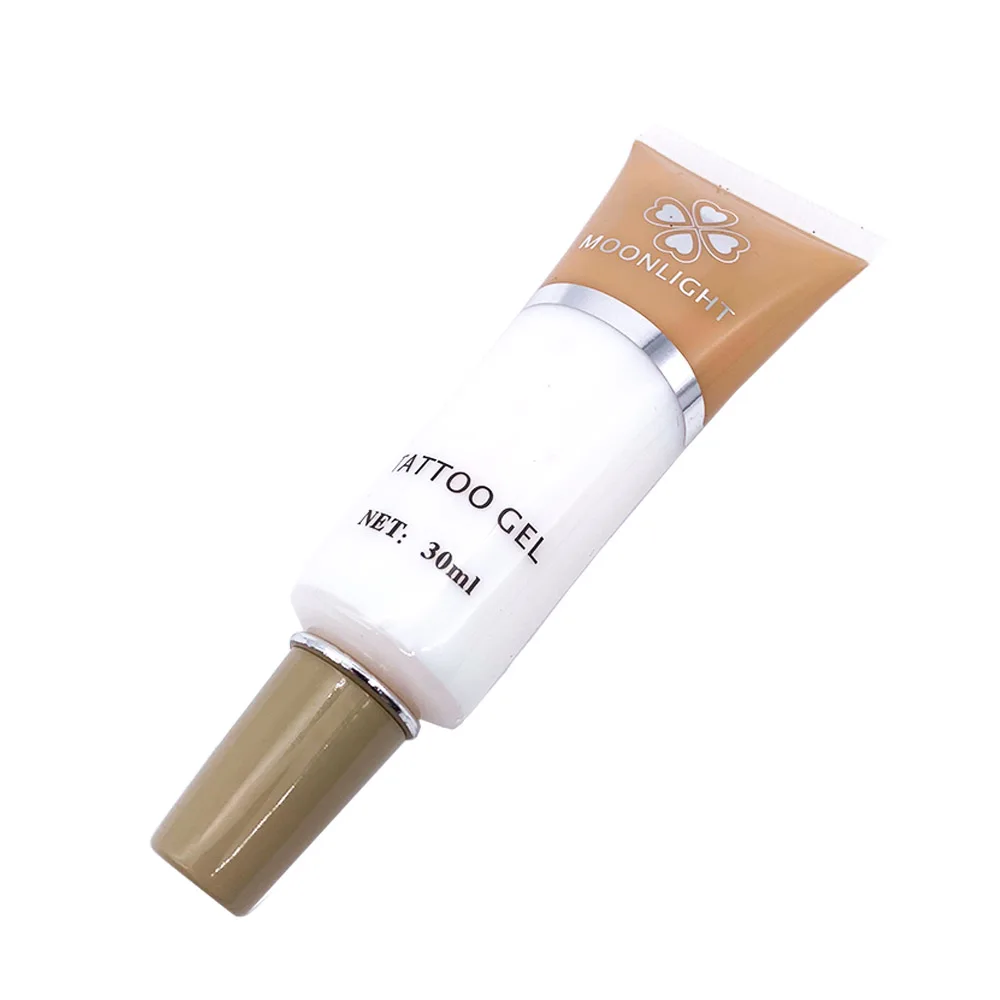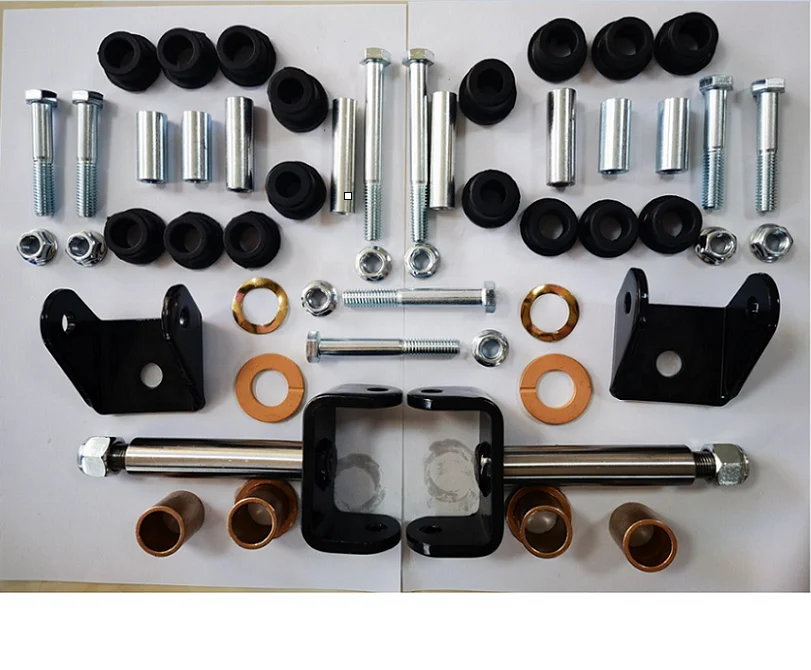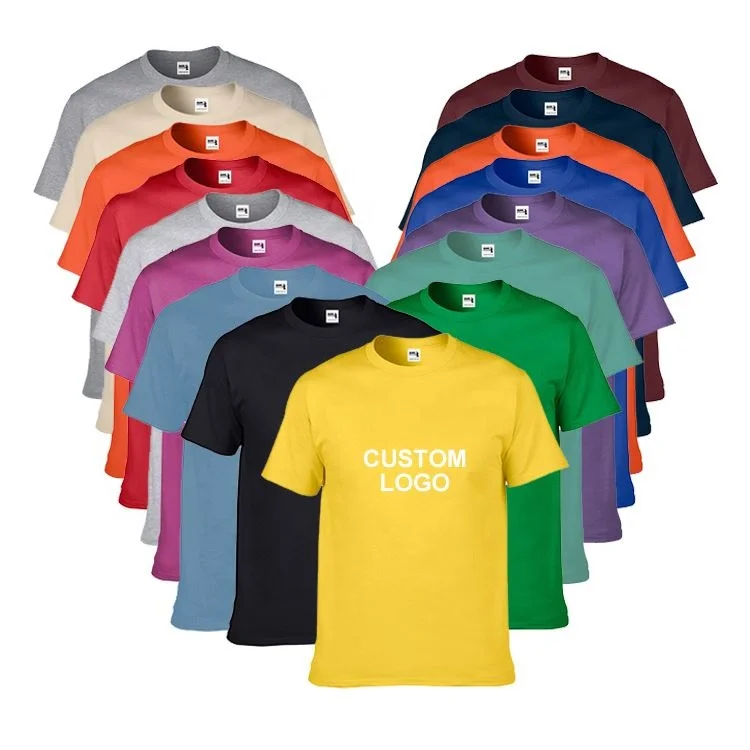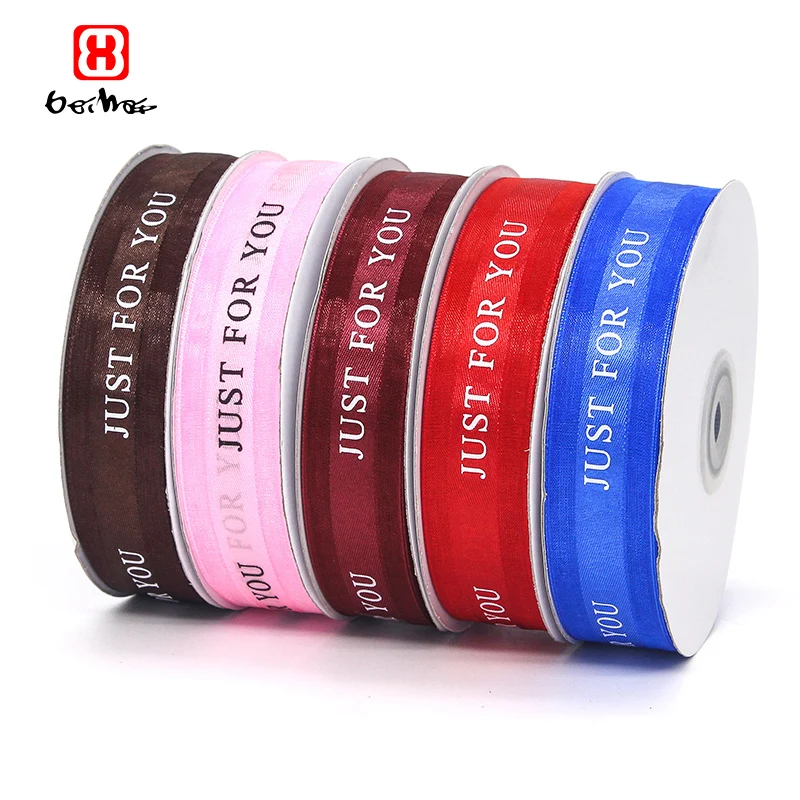HOT DEAL Humminbird Powerful 7 Inch Fish Finder Featuring Multi Spectrum Imaging and Functionality
- Category: >>>
- Supplier: POWER HOUSEHOLD CO. LTDPOWER LTD
Share on (10000021436356):
Product Overview
Description
Products Description

Basic Fish Finder
Basic models usually have monochrome or color screens with low resolution, suitable for general users.
These devices usually have the ability to display depth, water temperature, and show the location of fish in a short range.
Affordable, suitable for beginners.
Mid-Range Fish Finder
Higher screen resolution, usually a color screen with clearer display quality.
Integrated with more sonar scanning modes such as depth scan and wide scan.
Usually can be connected to GPS to store fish locations, mark coordinates, and support positioning.
Basic models usually have monochrome or color screens with low resolution, suitable for general users.
These devices usually have the ability to display depth, water temperature, and show the location of fish in a short range.
Affordable, suitable for beginners.
Mid-Range Fish Finder
Higher screen resolution, usually a color screen with clearer display quality.
Integrated with more sonar scanning modes such as depth scan and wide scan.
Usually can be connected to GPS to store fish locations, mark coordinates, and support positioning.
High-End Fish Finder
Large screen design, high resolution, providing sharp, detailed and clear images.
Integrating many modern technologies such as 3D scanning, dual frequency scanning, and optical scanning.
Support advanced GPS, can store multiple markers, create detailed area maps and synchronize data with other devices.
Large screen design, high resolution, providing sharp, detailed and clear images.
Integrating many modern technologies such as 3D scanning, dual frequency scanning, and optical scanning.
Support advanced GPS, can store multiple markers, create detailed area maps and synchronize data with other devices.
Portable Fish Finder
Compact, easy to carry and suitable for short fishing trips or fishing in hard-to-reach areas.
Most handheld models can use batteries and have basic functions such as displaying depth, water temperature and fish location.
Suitable for anglers who move a lot or fish from shore.
Compact, easy to carry and suitable for short fishing trips or fishing in hard-to-reach areas.
Most handheld models can use batteries and have basic functions such as displaying depth, water temperature and fish location.
Suitable for anglers who move a lot or fish from shore.
Product packaging
Outer Box
Thick cardboard box with shockproof coating, protects the fish finder from impact and vibration during transportation.
The box is usually printed with the brand logo, product name, image and basic technical information.
Thick cardboard box with shockproof coating, protects the fish finder from impact and vibration during transportation.
The box is usually printed with the brand logo, product name, image and basic technical information.
Protective Padding
Foam or sponge padding surrounds the device to prevent direct impact, protecting the device and screen from scratches or damage.
Foam or sponge padding surrounds the device to prevent direct impact, protecting the device and screen from scratches or damage.
Device Protection Bag
Fish finders are usually kept in a nylon bag or protective bag to avoid dust and ensure hygiene when opening the box.
Fish finders are usually kept in a nylon bag or protective bag to avoid dust and ensure hygiene when opening the box.
Product Paramenters
Power Output
The output power of the fish finder, usually measured in watts, affects the depth and scanning ability of the sonar.
A high-power unit (500W or more) will provide deeper scanning and clearer images, suitable for use in deep water areas.
The output power of the fish finder, usually measured in watts, affects the depth and scanning ability of the sonar.
A high-power unit (500W or more) will provide deeper scanning and clearer images, suitable for use in deep water areas.
Sonar Frequency
Fish finders can operate at a variety of frequencies, typically 50kHz, 83kHz, 200kHz, or 455kHz. Low frequencies (50kHz) are suitable for deep water scanning, while high frequencies (200kHz, 455kHz) provide greater detail in shallow water.
Some high-end models feature Dual Frequency or CHIRP (Compressed High-Intensity Radiated Pulse) to improve image resolution.
Fish finders can operate at a variety of frequencies, typically 50kHz, 83kHz, 200kHz, or 455kHz. Low frequencies (50kHz) are suitable for deep water scanning, while high frequencies (200kHz, 455kHz) provide greater detail in shallow water.
Some high-end models feature Dual Frequency or CHIRP (Compressed High-Intensity Radiated Pulse) to improve image resolution.
Maximum Depth Range
The maximum depth the device can scan depends on the power and frequency. Basic fish finders typically have a scanning depth of 100m to 300m, while high-end ones can reach 1000m or more.
The maximum depth the device can scan depends on the power and frequency. Basic fish finders typically have a scanning depth of 100m to 300m, while high-end ones can reach 1000m or more.
Company Profile


FAQ
Semi-Automatic PET Bottle Blowing Machine Bottle Making Machine Bottle Moulding Machine
PET Bottle Making Machine is suitable for producing PET plastic containers and bottles in all shapes.
PET Bottle Making Machine is suitable for producing PET plastic containers and bottles in all shapes.
We Recommend
New Arrivals
New products from manufacturers at wholesale prices
